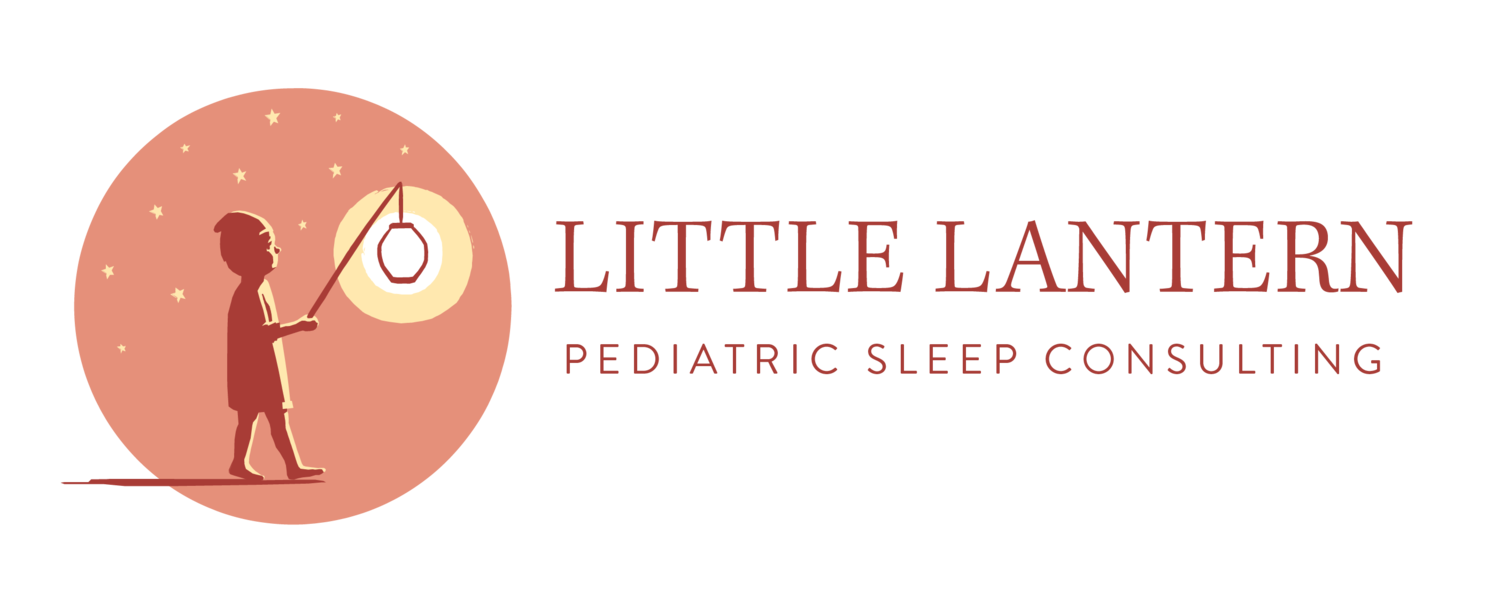About Margit
Hi there! I’m Margit Foster, and I live in New Hampshire with my husband and son. I’m a certified sleep consultant who is passionate about restorative sleep and its ability to transform relationships, physical and mental health, parenting, and so much more.
Before embarking on my journey as a sleep consultant, I earned my Master’s degree in education and worked as an infant and toddler caregiver at a Pikler/Waldorf family center. In my work, I noticed the struggle that both caregivers and parents faced in supporting children’s healthy sleep habits. Many families endured chronic sleep deprivation, which affected their well-being. Through trial, error, research, and mentorship, I discovered how to guide children toward better sleep by adapting approaches to each child’s unique needs and developmental stage. The transformation in children’s mood, temperament, and health through restorative sleep was profound—it was night and day!
Then, when I had my son, I experienced firsthand the sleepless nights that come with newborns. I became a certified sleep consultant through the Family Sleep Institute, applying both my personal experience and my professional background to support over 100 families on their journey to better sleep.
My Approach to Sleep Consulting
Through my experience as a sleep consultant, a Waldorf and Pikler educator, and my own journey as a mother, I developed a unique, holistic approach to sleep. My method goes beyond just fixing sleep issues—it focuses on understanding the child’s environment, routines, play, and emotional needs.
One of the cornerstones of my approach is the incorporation of Waldorf rhythms and rituals, which are designed to create predictable, comforting patterns throughout the day. In Waldorf philosophy, rhythm is central to a child’s sense of security. Children thrive when they know what to expect, and when caregiving moments—like bedtime—are imbued with a sense of ritual, they develop positive sleep associations. For example:
Daily Rhythms: We establish a flow to the day that includes play, meals, rest, and quiet moments, so the child’s body naturally learns when it’s time to wind down for sleep.
Rituals and Storytelling: Creating special bedtime routines including song or storytelling and consistent patterns helps signal that it's time to rest. These rituals are not just about sleep—they’re also about bonding, nurturing connection, and fostering emotional security.
I also specialize in writing individualized therapeutic stories for toddlers and preschoolers to address sleep troubles implicitly, as well as facilitating family meetings to set warm, but firm, expectations around sleep routines.
Evidence-Based, Individualized Solutions
Every child is capable of sleeping well, but they need the right guidance. While there are no magic solutions, I focus on evidence-based methods using the latest sleep research adapted to each family’s unique parenting style. Whether you’re dealing with sleep regressions, early wakings, or the transition out of co-sleeping, I’m here to provide a plan that works for your family.
Mindfulness
Mindfulness is another key aspect of my approach. Sleep difficulties can often stem from stress or anxiety, both for children and parents. Incorporating mindfulness techniques helps reduce this stress, creating a calm, peaceful environment that supports healthy sleep.
Being Present: Practicing mindfulness helps parents stay present during bedtime routines, making it a time for connection rather than stress.
Modeling Calm: Children often mirror their parents' emotional states. By cultivating your own mindfulness practice, you can model a calm, grounded presence for your child, which fosters a more relaxed bedtime environment.
The Pikler approach to caregiving also plays a key role in my work. Fostering respectful, attentive interactions creates an environment where children feel safe and understood, which is essential for healthy sleep. The approach emphasizes supporting a child's natural gross motor development by allowing them to move freely and develop at their own pace. This, combined with creating a calm, unhurried atmosphere and honoring a child’s autonomy during transitions—like preparing for bed—helps establish the trust and security needed for restful sleep habits
Margit’s Method
Evidence Based
My methods are based in the latest child sleep studies and research. I use the 5 components of healthy sleep to create a healthy sleep foundation: consistent sleep place, soothing routine, flexible early bedtime, following biological sleep rhythms, and soothing skills.
Mindfulness Approach
I use a mindfulness approach that transforms the potentially arduous experience of changing your child’s sleep habits into a transformative bonding and trust building exercise. Mindfulness reduces rumination and stress, increases focus, allows for less emotional reactivity, and increases relationship satisfaction. All of these benefits are great for the sleep training process, and, on a larger scale, promote healthy habits that will support you and your child in the future.
Non Judgemental
I know how hard it is to be a parent! The sleep struggle is real, and I get it! Every child and every family is different. I meet you where you are, and I help you get to where you want to go in a way that feels comfortable to you. I am committed to creating a safe place to learn how to support your child to healthier sleep.
“Working with Margit was an absolute pleasure. She was motivating, kind, well informed, and non-judgmental. My relationship with my child has deepened through achieving our family sleep goals together. I feel incredibly grateful for her assistance.”
-Cathy




